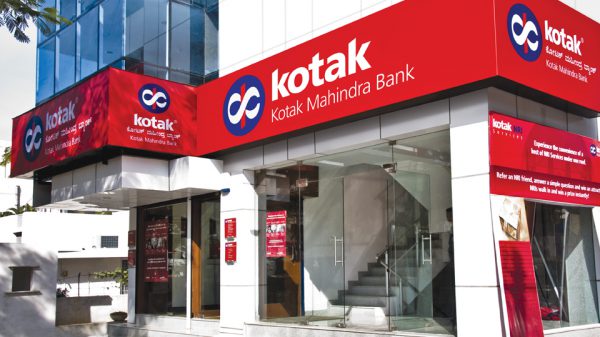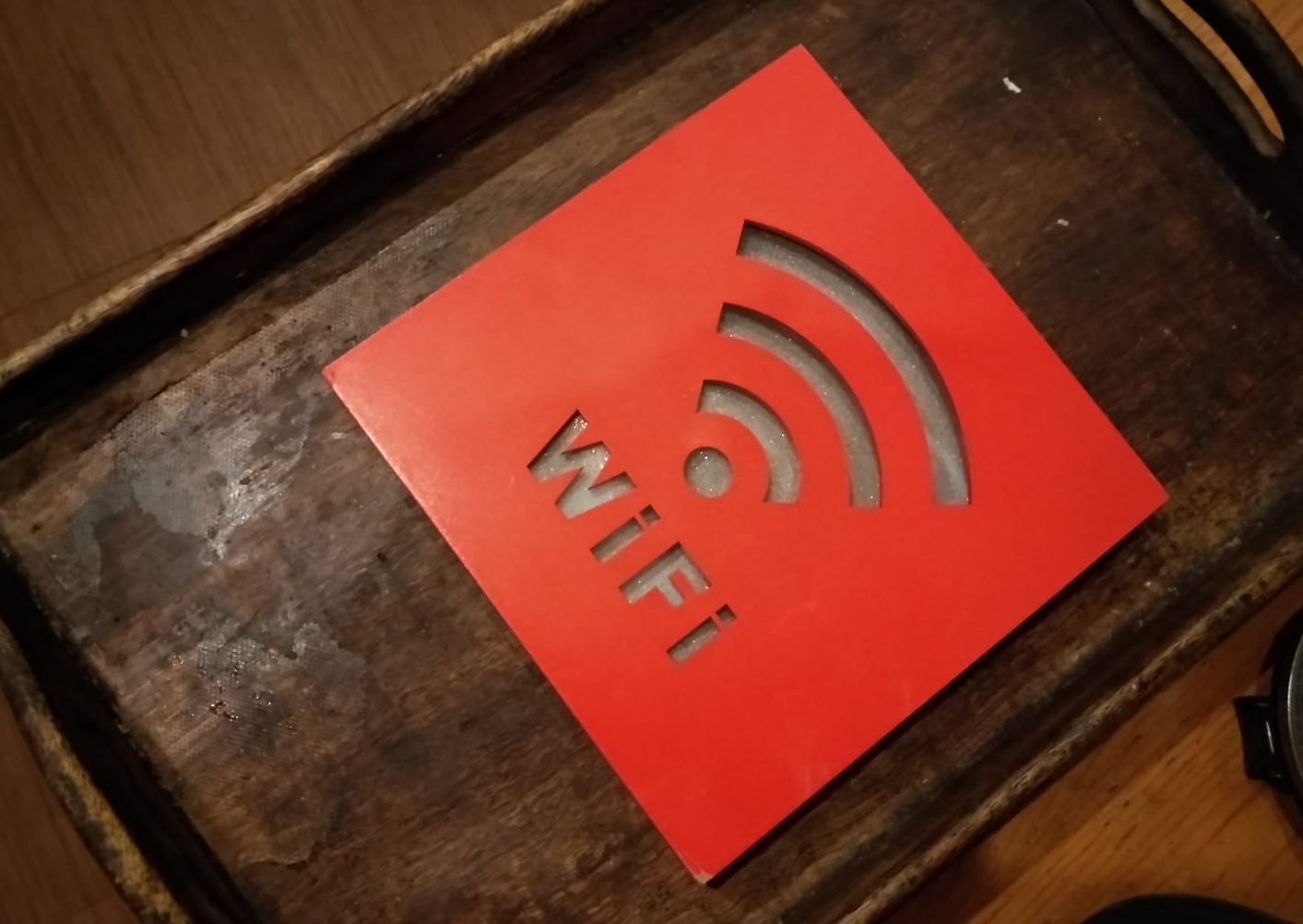The union cabinet has cleared the Department of Telecommunications' plan to proliferate public WiFi hotspots by allowing Public Data Offices (analogous to Public Call Offices) to operate without paying a license fee, the government announced on Wednesday. The move follows years of consultations from the Telecom Regulatory Authority of India (TRAI), a process that happened alongside the drastic fall in mobile data prices. Public Data Offices — that provide “last-mile” WiFi connectivity in areas where connectivity is low — will have to be compliant with the Wireless Access Network Interface (now known as PM-WANI), an authentication mechanism that flows from the government's historically stringent norms for KYC in telecom services. PDOs won't need to register, but PDO Aggregators — a bandwidth aggregator which buys spectrum from multiple ISPs and provide them to PDO owners at cheaper proportions — will. App Providers, who will authenticate users before they connect to public WiFi hotspots, will also have to get themselves registered. These unusual requirements are compounded by resistance from telecom operators, who have opposed WiFi being offered as a commercial service, as they say they have to pay taxes on public WiFi hotspots that other providers wouldn't have to. In the end, the actual proliferation of public WiFi hotspots depends on a variety of factors. Some are: Whether there is a business case to run hotspots (even as telecom operators seem set to increase pricing for mobile data) Whether the authentication system is too convoluted to reasonably expect millions of users to…





























